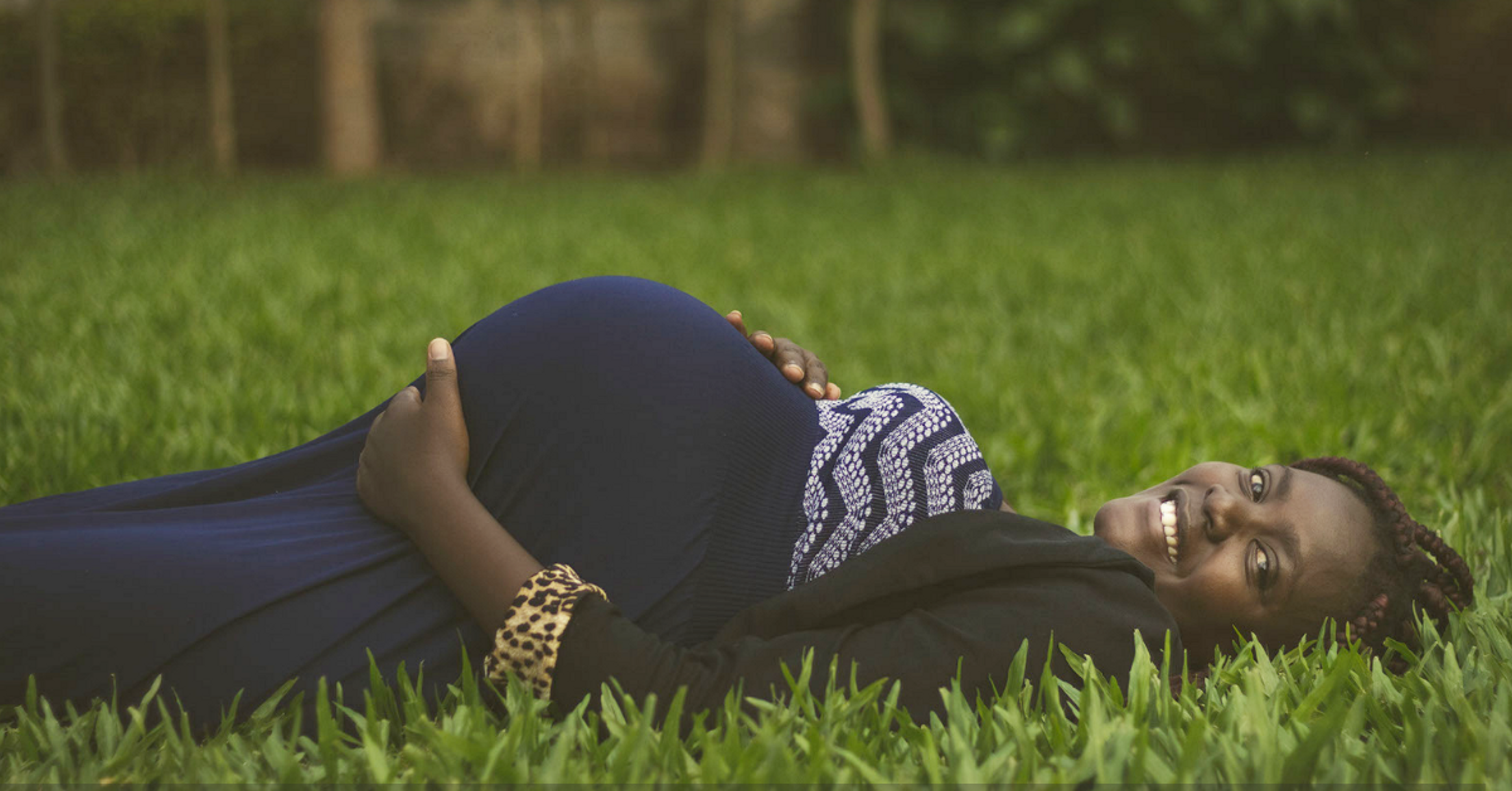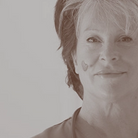You’re on your way to bringing a new life into the world - congratulations! But with pregnancy comes body changes - and, for some, weight loss can be a struggle - either to lose weight in order to get pregnant, or after birth. So, here to talk safe pre and postpartum weight loss is midwife and aesthetic practitioner Piroska Cavell of Sese Clinic.
Losing weight post pregnancy is a complicated issue, and in this day and age, with the huge amount of access to social media, it is so easy to get drawn into the unrealistic expectations by the images of celebrities so called ‘snapping back into shape’.
Firstly, congratulate yourself for growing an entirely brand new human being and getting them into the world - that is the most amazing thing a body can do!
Consider the huge amount of adaptations your body has had to go through - right down to the cellular level to be able get pregnant, sustain a pregnancy, nourish your body and prepare it to nourish someone else’s, whether you choose to breastfeed or not. On top of this, you have asked your body to carry on as normal whilst doing this. WOW how amazing are you?!
This process will involve changes not only on the inside but outside too. Your skin will undergo changes including hydration, texture, laxity, stretchmarks, levels of oil and levels of hair (pregnancy moustache anyone?) and sometimes even pigmentation. This is linked not only to the changing of your shape but also your hormones.
These chemical messengers are not only responsible for your sex drive, maintaining your cycle and your emotional state but are also intrinsically linked to regulating your appetite and where in your body you are going to store fat.
You are going to put on weight in pregnancy. It is normal and necessary, and your body is designed to store fat in specific areas during pregnancy ready to be used once you have delivered.
Losing weight post pregnancy can be complex because of the additional factors associated with your hormones, your lifestyle and stress. For first time mums, very often, it is as if your whole world has exploded - and my advice is to roll with it. The pieces of your life will slot back in but maybe in a slightly different order. For second and subsequent time mums it can feel like a tsunami of exhaustion because this time you have had someone else to look after throughout pregnancy and then, suddenly, you have to manage that little person (or even more than one) with all the demands of a new-born! So, below are my top tips...
Top tips for losing weight before pregnancy
1. Get in shape before you conceive. Athletes train endlessly before major competitions, eating the right diet, getting the right amount of sleep and working towards optimum body condition, etc. You are about to do the most demanding thing to your body, so preparation is key.
2. Lose any excess weight to reduce the risk of complications not only during pregnancy but at the point of delivery and for your newborn.
3. Get fit. All sorts of fantastic things happen to your body in pregnancy, including the release of relaxin - a hormone that loosens your ligaments, allowing you to stretch! Having good strong muscles will help maintain joints and the pressure they will undergo. Improve your cardio to improve your stamina and lower your risk of blood clots and pregnancy induced hypertension.
4. Prior to pregnancy look at your diet from a “getting healthy” not a “getting thin” perspective. Good balanced nutrition is key, and one of the main problems is that, generally, woman are not eating enough. Yup that’s right. Starving yourself is not going to help you lose weight or get in the best shape possible for pregnancy. Get some expert help, because one size does not fit all. If you are lacking motivation or feel you would be more successful with someone to one support there are a variety of medical weight loss options available to you. Programmes like the Sese Slim include medication as part of a tailor-made diet and exercise plan together with face to face support.
5. Support your nutrition with vitamin and mineral supplements. Both obese people as well as those with specific nutritional intakes such as vegan or those who are underweight are equally likely to be malnourished and require supplementation in the form maybe of vitamin B12 or amino acids. There is also the option of supplements - such as fat burner shots and IV fat burning drips. Again, these are suitable prior to pregnancy but not during or whilst breast feeding.
6. Get some good quality sleep. Poor sleep and stress increases the levels of cortisol in your blood stream, a hormone that makes you store fat on your tummy.
Top tips for losing weight after pregnancy
1. Once you have had your baby, remember your body is under huge stress. It has to recover both emotionally and physically, and the thing you need most to do this is the thing you are likely to have the least of; less than you have ever had: sleep. Learn to sleep when your baby does because you will undoubtedly feel under stress in the first few weeks. The cortisol will be raised again and trying to diet will be like driving with the handbrake on. So give yourself at least 6 weeks before you start dieting or trying to get back into shape. This is particularly important post C-section and instrumental deliveries. You should allow your self 12 months to be back to your pre pregnancy weight, at which point a lot of people celebrate by getting pregnant again!
2. Start with something gentle that allows you a bit of time for you. A good facial treatment, a peel, or say good bye to your moustache with a laser treatment, and if you are not breast feeding you can have your non injectable treatments again, so you will start to feel like you when you look in the mirror.
3. Your body will want to help you keep hydrated. It's flushing out the excess 50% blood volume it gained, it is transforming the fat you laid down into energy for you to use and to make breast milk and repair your body. If you are breast feeding your body will help you even more by contracting your uterus every time you feed your baby and also using up all the fat you stored very quickly. That's as long as you are not living solely on a diet of biscuits since you had your baby.
4. Once you feel recovered (and by this I mean you now have at least 3 hours uninterrupted sleep at night and are able to leave the house by 1pm and hold a coherent conversation with another adult), at around the 6 week mark you can consider your nutrition and exercise routine. If you are not breast feeding, you can return gradually to your exercise routine, but whatever your delivery, you should pay special attention to your pelvic floor. There is no need to be using a Tena Lady in your 30s as a result of child birth, unless you had an extremely rare traumatic delivery, in which case you should have further medical referrals to rectify.
5. You can now have laser treatment to tighten your vagina, but I would recommend leaving this until you have finished having your children. Also, if you have just pushed a person, out the thought of any kind of machinery being introduced to your vagina might be enough to ensure your legs remain fixed together forever.
6. You may notice post pregnancy - despite exercising and having a good diet - that you struggle to lose some pockets of fat such as love handles, muffin tops and on your tummy. There are a variety of options you can use, such as fat melting injections, laser fat melting, fat freezing and 3D lipo, but remember your fat cells will remain to fill up as required at a later date. These may also require a course of treatments. Again, ensure you are fully recovered from any surgery before undergoing any of these options.
7. After all of this you may find that it is your skin that is now lose and crepey where it has stretched so much. Loose, crepey skin on your tummy can be effectively treated with boosters such as Profhilo, which is very effective at smoothing - as are thread lifts. They won’t, however, help with an overhang; this will require a surgical intervention.
For any aesthetic interventions post pregnancy, have an in-depth consultation with your medical professional, who can advise you on the safest, most effective treatment for you. Most importantly, be proud of what you and your body have achieved, and enjoy your pregnancy and new person as much as possible.

